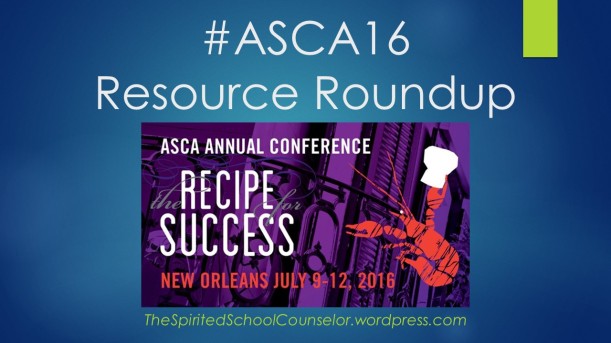
Disclosure of material connection: Some of the links in the post below are “affiliated links.” This means if you click on the link and purchase the item I will receive a small commission. With that said, I only recommend items that I have found useful as a school counselor and educator. I am disclosing this in accordance with the Federal Trade Commission’s 16CFR, Part 255: “Guides Concerning the Use of Endorsements and Testimonials in Advertising.”
I was #NotAtASCA16 this year but I tried to gather as much info as I could from my fellow school counselors who were attending ASCA in NOLA this year.
Here are some of the great resources I discovered through TagBoard…
**Collective Notes on Google Docs**
Books:
For Professional Development –
- Leadership In The New Normal
by Lieutenant General Russel Honoré
- Professional School Counseling Journal
- Motivational Interviewing: Helping People Change, 3rd Edition (Applications of Motivational Interviewing)
by William Miller & Stephen Rollnick
- The Grieving Student: A Teacher’s Guide
by Schonfeld, Quackenbush, & Salamone
- Counting What Counts: Reframing Education Outcomes
by Yong Zhao
- Brief Counseling That Works: A Solution-Focused Therapy Approach for School Counselors and Other Mental Health Professionals
by Sklare
- College Counseling for School Counselors: Delivering Quality, Personalized College Advice to Every Student on Your (Sometimes Huge) Caseload
by O’Connor
- The School Counseling and School Social Work Treatment Planner, with DSM-5 Updates, 2nd Edition (PracticePlanners)
by Knapp, Jongsma, & Dimmitt
- Making Data Work
by Kaffenberger & Young
- The ASCA National Model: A Framework for School Counseling Programs, 3rd Edition by American School Counseling Association
Evidence-Based School Counseling: Making a Difference With Data-Driven Practices
by Dimmitt, Carey, & Hatch
- School Counseling to Close the Achievement Gap: A Social Justice Framework for Success
by Holcomb-McCoy
- Facilitating Evidence-Based, Data-Driven School Counseling: A Manual for Practice
by Zyromski & Mariani
- 101 Solutions for School Counselors and Leaders in Challenging Times
by Chen-Hayes, Ockerman, Mason
- The Use of Data in School Counseling: Hatching Results for Students, Programs, and the Profession
by Hatch
- The School Counseling and School Social Work Treatment Planner, with DSM-5 Updates, 2nd Edition (PracticePlanners)
by Knapp, Jongsma, & Dimmitt
- How to Create a College Day and Other College Readiness Activities
by King, Bowman, Taylor
- Counseling 21st Century Students for Optimal College and Career Readiness: A 9th-12th Grade Curriculum
by Fitzpatrick & Costantini
- The Elementary / Middle School Counselor’s Survival Guide, Third Edition
by Schmidt
- The School Counselor’s Book of Lists
by Blum & Davis
- Making Diversity Work
by Grothaus
- Behind the Counselor’s Door: Teenagers’ True Confessions, Trials, and Triumphs
by Kuzcynski
- Mental Health Interventions for School Counselors (School Counseling)
by Sink
- 40 Techniques Every Counselor Should Know (Merrill Counseling (Paperback))
by Erford
- Solution-Focused Counseling in Schools
by Murphy
- Career Counseling in P-12 Schools
by Curry & Milsom
- Ready, Willing, and Able: A Developmental Approach to College Access and Success
by Savitz-Romer & Bouffard
- Kids Deserve It! Pushing Boundaries and Challenging Conventional Thinking
by Nesloney & Welcome
- The Straight-A Conspiracy: Your Secret Guide to Ending the Stress of School and Totally Ruling the World
by Maats & O’Brien
To Use with Students –
- Julia Cook’s new book: Winners Don’t Whine and Whiners Don’t Win Released July 6, 2016
- What Do I Say About That? by Julia Cook – a book to use with children with incarcerated parents
- The Invisible String
by Patrice Karst – a book for loss (death, incarcertated parents)
- My Daddy Is in Jail: Story, Discussion Guide, and Small Group Activities for Grades K-5
by Janet Bender
- Empowering Children of Incarcerated Parents
by Stacey Burgess, Tonia Caselman, & Jennifer Carsey
- Mindfulness Skills for Kids & Teens: A Workbook for Clinicians & Clients with 154 Tools, Techniques, Activities & Worksheets
by Debra Burdick
- Ellison the Elephant (with Audio CD)
by Eric Drachman – a book about individual gifts and “finidng your own voice”
- Me & Dog
by Gene Weingarten – a book about friendship
- On a Beam of Light: A Story of Albert Einstein
– a story about the power of imagination
- Tough Guys Have Feelings Too
by Keith Negley – a brightly illustrated book about how everyone – even knights, wrestlers, and daddies – have feelings
- Louise and Andie: The Art of Friendship
by Kelly Light – a cute tale about overcoming differences to form a friendship
- Wish You Were Here: Teens Write about Parents in Prison
– Teens share their stories of how they did or didnt keep in touch with their incarcerated parents and the complicated emotions that come with reunification
- Healing Days: A Guide for Kids Who Have Experienced Trauma
by Susan Farber Strauss
Websites, New Technology & Online Resources:
- Paper.li – Collect online content and publish for online audience
- Homiee – Helps students find college majors that match their personalities
- PDF List of Books to Use with Students – incarcerated parents, addiction, grief, witness of violence or trauma, & dealing with seperation
- Sesame Street Tool Kits – variety of topics with both online and printable resources for kids & families
- ACA Competencies
- iKeepSafe.org’s BEaPRO Parent App for Online Safety
- Wisconsin Department of Public Instruction – Pupil Services Performance Evaluation Tools
- Wisconsin Department of Public Instruction – Comprehensive School Counseling Programs
- College Board’s Score Resource Center for Students & Educators
- Ask, Listen, Learn: Kids & Alcohol Don’t Mix – resources & lesson plans!
- Solution-Focused Scaling Templates from Russell Sabella
- Lieutenant General Russel Honoré homepage
- This is Statistics – information for counselors
- Cheryl Brown Henderson & Brown Foundation
- The School Counseling Community Scholarship to ASCA
- Students at the Center: Recognizing the importance of support staff in a student-centered school
- Also found here:
- The Devereux Student Strengths Assessment (DESSA) Kit
- Ambiguous Loss Information
- Psych Central on the Stages of Change
- EverFi – Online Courses for Students
- Counseling Geek’s 10 Insanely Easy Ways to Infuse Technology into your School Counseling Program
- Pawsitive School Counseling Blog
- Youth Communication – “provides powerful, teen-written stories and professional development to help educators and youth workers engage struggling youth.”
- Emotions Kids Order Form $10 per set of 4
- Human Esources – age-appropriate products that align with ASCA
- Counselor Up’s Tips to Email Tranquility
- The Counseling Teacher’s Facebook Page
- Virginia School Counselor Association 2016 Conference Information
- Coalition to Support Grieving Students
- For High School Counselors #ASCA Highlights
- My Data Bootcamp
Curriulum Information Websites:
- Second Step Counseling Curriculum
- Chicken Soup’s Hallway Heros
- Kelso’s Choice
- **FREE** Operation Respect’s Don’t Laugh at Me Curriculum **FREE**
So much great information! Thanks to everyone who shared information with the #ASCA16 hashtag so I could learn through your experiences.
Thanks for stopping by!




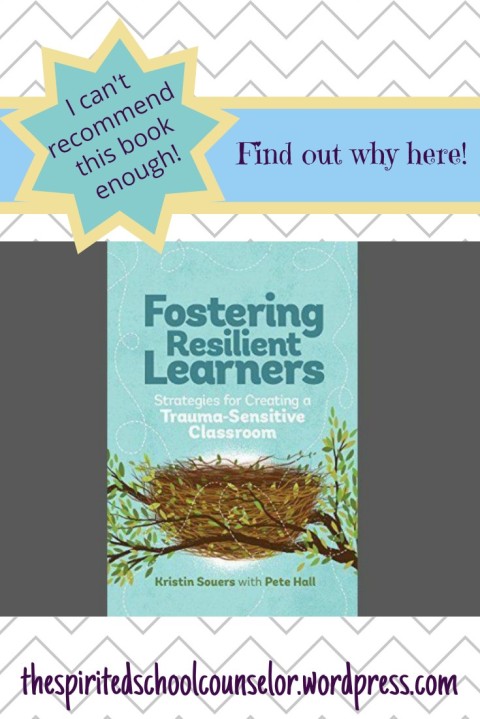

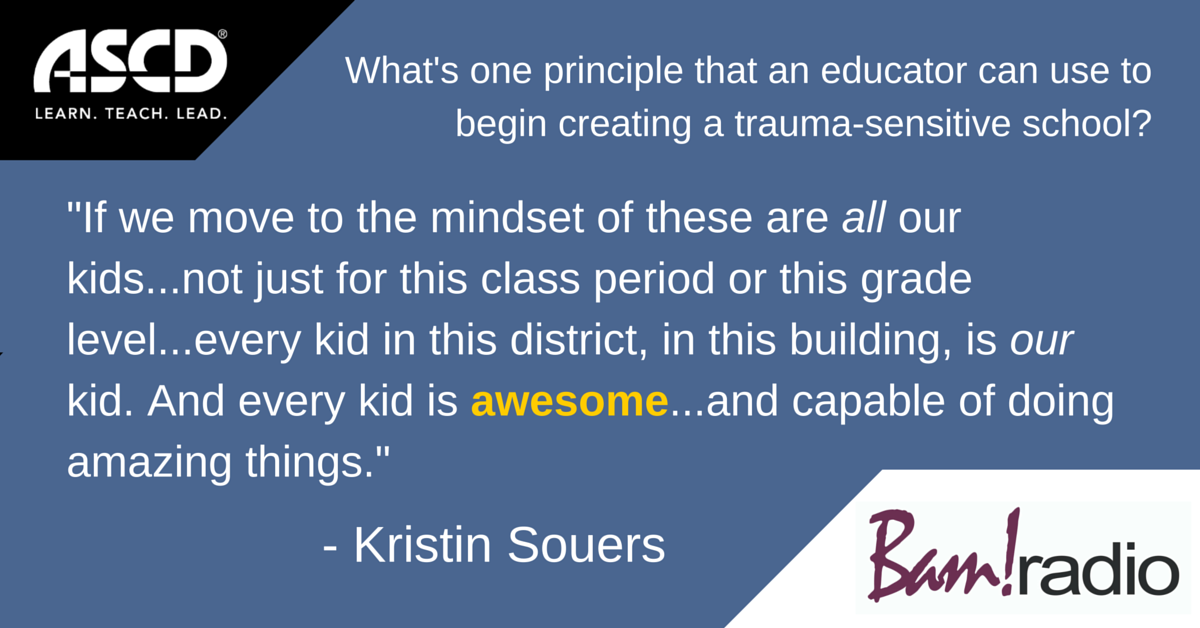

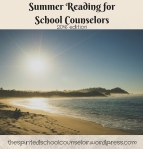
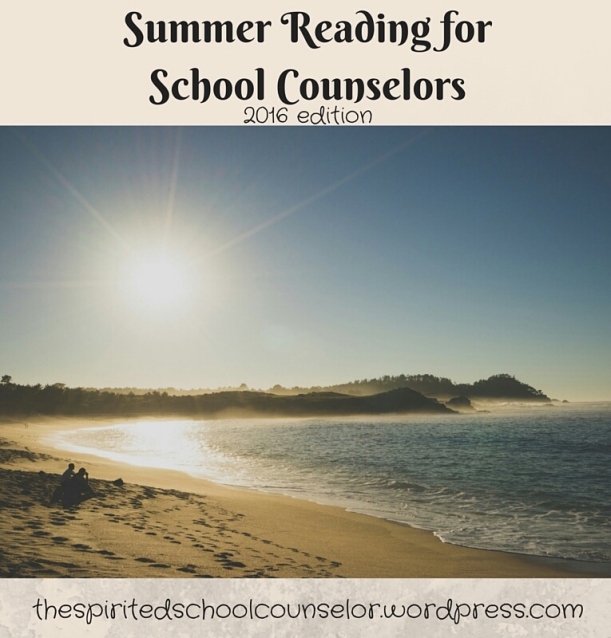




 Bad Grades to a Great Life!: Unlocking the Mystery of Achievement for Your Child (Love and Logic)
Bad Grades to a Great Life!: Unlocking the Mystery of Achievement for Your Child (Love and Logic) s
s



